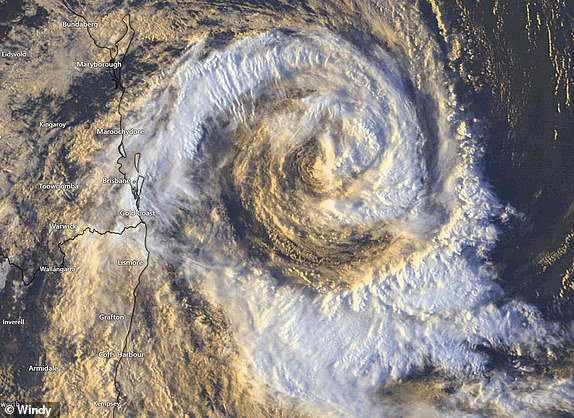Although NASA overwhelmingly claims that “no humans have had sex in space,” the situation could soon change as space tourism develops.
With a hefty cost tag, private space businesses like Jeff Bezos’ Blue Origin and Richard Branson’s Virgin Galactic are now offering regular people the chance for trips to space.
Simon Dube, a researcher at the Kinsey Institute, and Maria Santaguida, a candidate for a PhD at Concordia University, scrutinized all previous studies on sexual activity in space throughout the previous five years and ultimately reached the conclusion that space sexual activity desperately requires more investigation and study in their new study, which was published on July 14 in the journal Current Sexual Health Reports.
Professor “Cullen says:”
Professor Cullen noted in an article for The Conversation that he and his colleagues believe that space tourism companies have not adequately prepared for the consequences of people joining what we would call as the “Karman line club.”
The boundary that shows the beginning of space is sometimes referred to as the Karman line.
While the code of conduct states that “professional standards must be maintained at all times,” the US space agency NASA has not specifically prohibited astronauts from having sex.
Despite the rules, Professor Cullen expects that within the next ten years, a couple will have made love in space.
We concluded that in-space sex will probably take place within the next ten years, he said, “considering that space travel is no longer reserved for professional astronauts, the various motivations of space tourists, and upcoming spacecraft developments.”
However, having sex in space will not be straightforward.
The Next Decade Is Predicted to Bring About Space Sexual activity
Flights lasting from days to weeks are predicted to increase in popularity during the next 10 years (2023–2033), according to the studies. Participants’ motivations for being interested in going to space and what they desire to do when they reach their positions are likely different from those of professional astronauts. Today, most flights are just quick trips of a few tens of minutes. Hardly enough time to get up any trouble that is worth noting, but over the next ten years, researchers expect that a larger range of people will have access to more lengthy trips. Expecting that everyone who participates in space travel will abstain from sexual activity when exposed to microgravity and increased amounts of ionizing radiation during spacecraft is impractical.
Sexual Activity in space will be challenging
It is more than about preventing your partner from floating away in the middle of coitus.
The astronauts’ difficulty to remain in physical proximity would be hampered by the microgravity, which would be the main issue.
The lack of gravity can lead to problems within the body in along with affecting one’s physical movement. There is evidence that males with penises can still have erections in space, but the changes in environment may make arousal, lubrication, and blood flow more challenging. According to AI Signal Research’s Lori Meggs, blood circulation in space is affected and may make it more difficult for an individual to erect.
Even sex toys need to suit the space. The authors of the report advise that “such products should be light, discrete, easily cleaned, and produce little to no waste.”
Although there has yet to be sexual activity in space, Professor Cullen claims that this isn’t the main issue.
He says that research is needed on the impact of human conception in space.
Uniqueness of sexual activity in space
It won’t be simple feeling close in space. Couples are going to have to be intimately close to to each other since they will not be able to rely on gravity, according to Prof. Anna Geitmann of McGill University in Montreal. The possibility of harm would provide an additional challenge.
The professor said, “You have to try to avoid head bumps because, again, there is no gravity that would prevent partners from moving apart.”
According to Laurie Meggs of AI Signal Research’s Lori Meggs, blood circulation in space is affected and may make it more difficult for an individual to be erected. “Gravity does not pull blood to the lower body. But blood flows to the head and chest, causing astronauts their puffy faces and bulging neck blood vessels.
Human embryos created in space have a risk of developing abnormally, according to scientists. Prof. Cullen said that there is an increased likelihood of ectopic pregnancy in space.
The bodily fluids would quickly float away, which may be unpleasant.
Discover more from TrpUnfolds
Subscribe to get the latest posts sent to your email.



